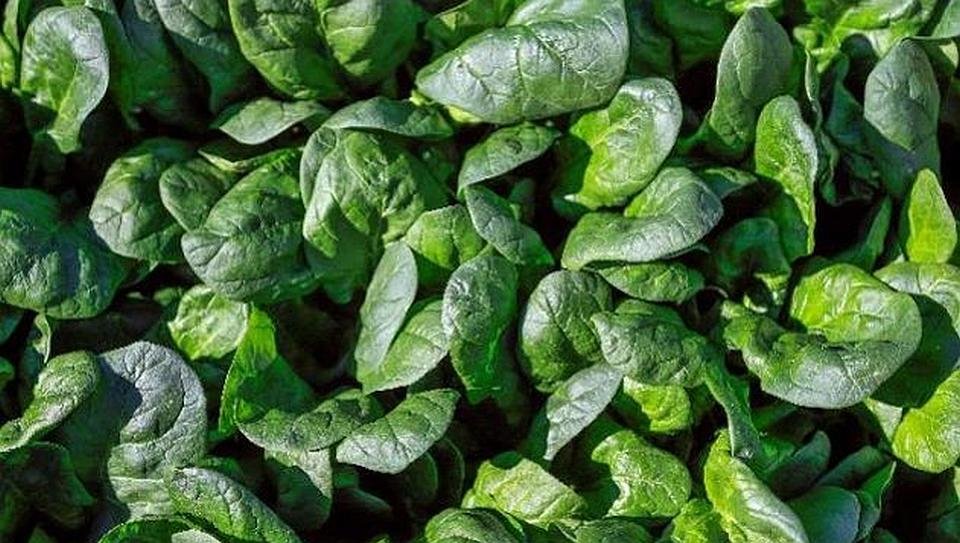Friday, 13 February 2026

Image Source: growingproduce.com
BASF’s vegetable seeds business, operating globally under the Nunhems brand, continues to fortify its position as a leader in spinach innovation, offering a robust portfolio designed for today’s complex production environments. With a strategic focus on dependable yield, advanced disease resistance, and agronomic adaptability, the company’s spinach program reflects decades of research, field-tested performance, and proactive breeding tailored to the evolving challenges faced by growers.
Spinach remains a high-value, high-risk crop within the leafy greens segment, and one of the most pressing threats this season is downy mildew, caused by Peronospora effusa. In response, BASF | Nunhems has prioritized disease resistance in its breeding strategy, leveraging its team of expert scientists to stay ahead of shifting pathogen pressures. The result is a portfolio of more than ten downy mildew-resistant spinach varieties available in the U.S., providing growers with increased security, flexibility, and peace of mind during market production.
These varieties are the product of a multi-faceted breeding approach that balances agronomic strength with market appeal. Featuring vibrant color, tender texture, rapid growth, and adaptability to diverse production systems, BASF | Nunhems spinach lines also deliver resistance to other key pathogens such as damping off, leaf spot, and white rust—all of which pose significant threats to crop quality and profitability.
The company’s breeding strategy is rooted in a broad genetic foundation that includes wild accessions from spinach’s center of origin in the mountains of Iran. This genetic diversity enables BASF | Nunhems to develop resilient varieties without compromising visual or textural quality—traits critical for both growers and end consumers. Their continued collaboration with the International Working Group on Peronospora (IWGP) strengthens the company’s surveillance of emerging mildew races and ensures fast adaptation to resistance-breaking isolates.
As regulatory trends restrict the availability of certain seed treatments, the importance of built-in genetic protection has grown substantially. BASF | Nunhems emphasizes a layered approach to disease management, recommending growers diversify genetics within the same field. This not only buffers against new pathogen variants but also extends the effective lifespan of resistant cultivars.
Among the standout offerings, NEMBUS continues to be a market leader for its reliability, while newer entries like Acrux are gaining ground for their consistent performance and robust resistance profiles. Given the rapid turnover in spinach genetics—where most commercial varieties exit the market within four years due to evolving disease pressures—BASF | Nunhems distinguishes itself through its ability to continuously deliver novel, high-performance solutions.
By integrating genetic resistance, agronomic adaptability, and a global breeding infrastructure, BASF | Nunhems remains committed to equipping spinach growers with the tools they need to navigate uncertainty, sustain profitability, and produce with confidence in the face of biological and regulatory change.